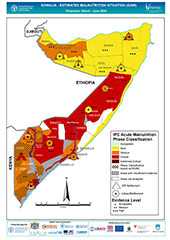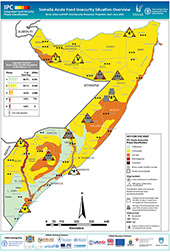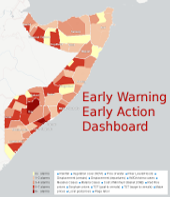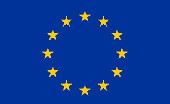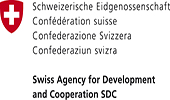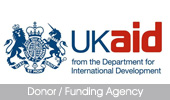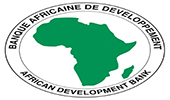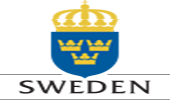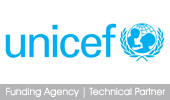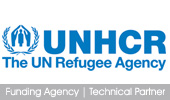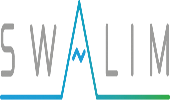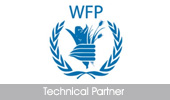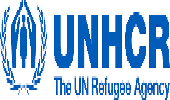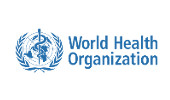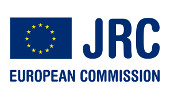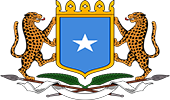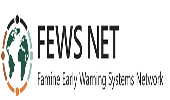About Us / Background and History
Background and History
Background
FSAU which is re-named the Food Security and Nutrition Analysis Unit (FSNAU) to reflect the full integration of the nutrition surveillance project within one overall project framework is currently in its sixth funding phase. It provides a broad range of information users with timely and relevant information and analysis for better decision-making relating to short-term food insecurity and malnutrition, as well as informing development planning to address underlying causes of food and livelihood insecurity, and malnutrition. FSNAU has developed the Food Security and Nutrition Analysis System (FSNAS) which integrates both the conceptual and operational frameworks that the unit utilises for analysing food security and nutrition information through a livelihoods-based analysis. The information contributing to the FSNAS is collected by a team of FSNAU field team of enumerators and analysts and is entered and processed through an integrated database and information management system. The unit draws on reliable and appropriate secondary information at all levels, as well as rigorous analysis of the FSNAU field data. FSNAU operates a communications strategy for the dissemination of its information products and to advocate for timely and informed response.
History
In the wake of the collapse of the Somalia State and the ensuing food insecurity, FSNAU has over the past eleven years provided researchers, decision makers, and project implementers with critical information on food, nutrition, and livelihood security.
Brief FSNAU Historical Timeline:-
1994: the World Food Programme initiated the FSAU with funding from USAID/OFDA to undertake food security and information analysis in Somalia.
Phase One (1995-96): the European Commission (EC) began providing core funding to the FSAU which worked in close collaboration with FEWSNET (climate and markets), Save the Children UK (household economy analysis) and Action Contre la Faim (nutrition surveillance and analysis).
Phase Two (1997-99): Funding to the FSAU was expanded to include USAID/OFDA, the Italian Government, WFP and FAO as well as the EC. Emphasis was placed on developing the capacity at field level to collect quality data, strengthen food security assessments and improve data dissemination. Strong liaison with the Somalia Aid Coordination Body (SACB) - now Somali Support Secretariat (SSS) - was also emphasised. The project was reviewed by an Oxford Policy Management (OPM) team in late 1998. The team noted that programming needs related to acute emergency interventions overly influenced the FSAU.
Phase Three (2000-03): The EC continued core funding to the FSAU and the Nutrition Surveillance Project was established with funding from USAID/OFDA. FAO now managed both projects with emphasis on the understanding of long-term dynamics of food insecurity with a livelihoods approach. The Nutrition Surveillance Project became the focal point for the collection, analysis and sharing of information on nutrition in Somalia. The staffing of the FSAU was enlarged and technical partnerships expanded. Institutional links with FEWSNET were strengthened and offices co-located with FSAU in Nairobi.
Phase Four (2003-06): The EC continued to provide core funding to the FSAU, complemented by funding from USAID/OFDA for the Nutrition Surveillance Project. FAO placed more emphasis on the application of evidence-based livelihoods analysis systems, making information more accessible to a wide range of users, and linking information to action through the introduction of the Food Security and Nutrition Analytical System (FSAS) and piloting the Food Security Integrated Phase Classification (IPC) framework.
Phase Five (2006-09): The Norwegian Government provided critical bridging funds at the start of phase five until the EC core funding was released. SIDA provided supplementary funding for seasonal assessments. USAID/OFDA continued funding the Nutrition Surveillance Project which was also supported by UNICEF and SIDA for specific research studies. FSAU strengthened the application of an evidence-based livelihoods analysis system and through the introduction of the IPC assumed a stronger and more credible advocacy role within the international aid community. The nutrition situation categorisation table was also developed to enhance situation analysis using a holistic approach.
Phase Six (2009-13): The sixth phase is a multi-donor funded project phase with core funding from SIDA, OFDA/USAID and EC. Supplementary funding is received from UNICEF, UNHCR and FEWSNET. During this sixth phase of the project, FSNAU continues to focus on the four core project results, as well as emphasizing on a newly and timely introduced project result- (Project Result 5: Technical capacity of Somali institutions and partners strengthened in food security, livelihoods, and nutrition monitoring, assessment and analysis).
Phase Seven (2013-17): The seventh phase of FSNAU is multi-donor funded with core funding from SIDA, OFDA/USAID, DFID/UKAID, EU and CHF. The overall objective of the project is to ensure that Somali food-, nutrition-, and livelihood security is strengthened at the household and community level thereby ensuring greater resilience to future shocks, such as those caused by conflict, drought, flood, disease or economic crises.
